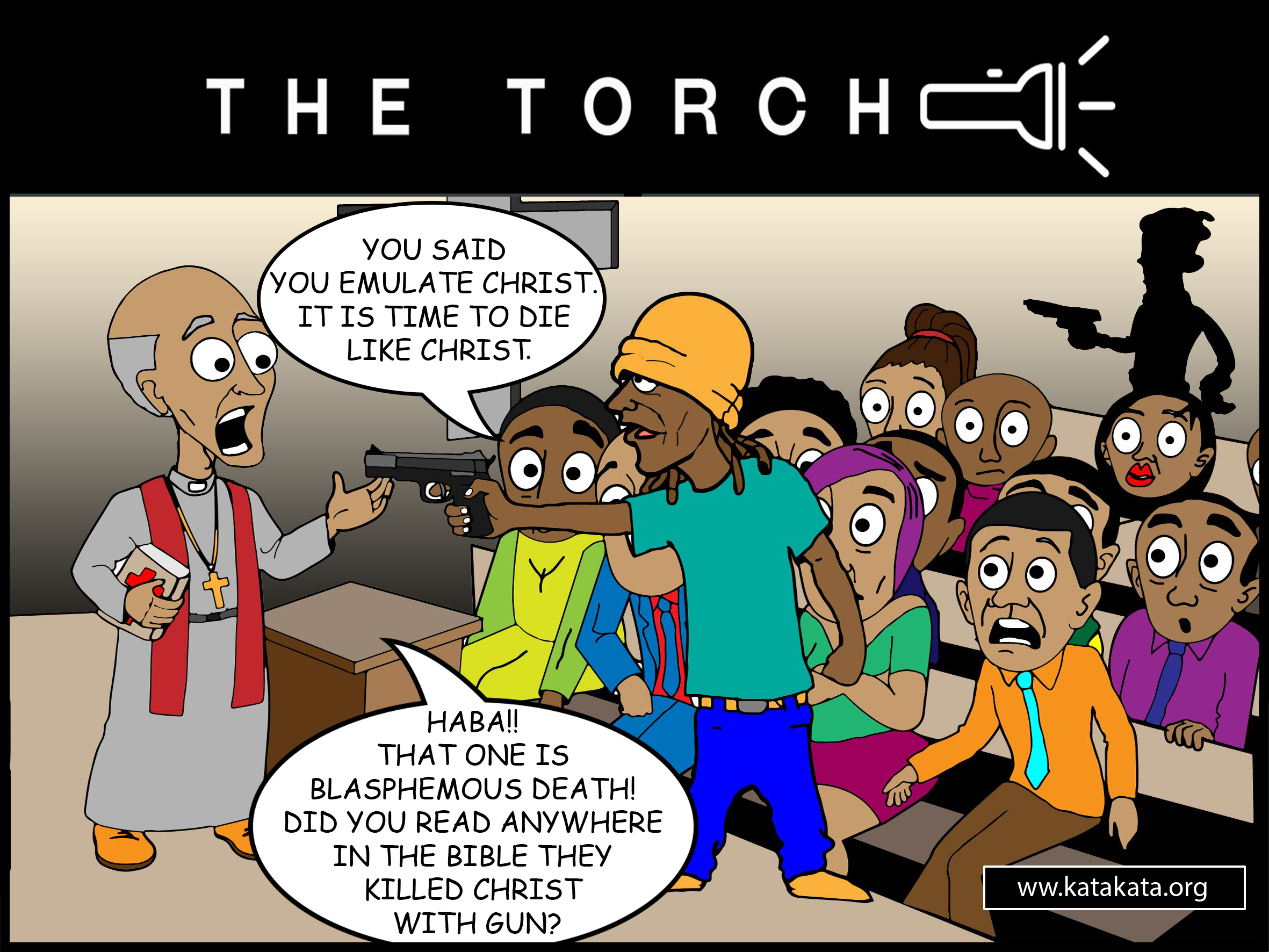Proverb of the Week: What is in the stomach carries what is in the head.

Proverb of the Week: What is in the stomach carries what is in the head.
Siemunda sisute siekhumurwe. (Bukusu, Kenya)
Kilicho tumboni ndicho hubeba kilicho kichwani. (Swahili)
What is in the stomach carries what is in the head.
(English)
The above African proverb, typical of the Bukusu community in Western Kenya, talks about the importance of eating well, which plays a significant role in people's lives. According to the Bukusu people, eating food is inseparable from an individual's physical and mental functionality, productivity, and health. Hence, the Bukusu community encouraged people to eat well and work hard. There is no place this belief is more reinforced than in Bukusu rural areas, where it is a norm to offer one something to eat when they visit or pass by to greet a neighbour because it is believed that one needs to eat well to enable them to perform the task ahead of them effectively. The proverb is not limited to adults; adults equally use it to encourage children, who may otherwise prefer to play, to eat well to be able to handle the work ahead of them. Eating well is, therefore, a necessity amongst the Bukusu community.
Contemporarily, a well-fed society is healthy and productive because it takes a healthy body and mind to function effectively and make a significant economic contribution to society. Scientifically, adequate nutrition leads to proper brain development and quick learning stimulation, which is essential for educational, cultural, and economic growth. Apart from concentration problems, inadequate eating and unhealthy food, which may lead to low iron consumption, causes fatigue and the inability of individuals to do productive work. What does this lead one to? It shows that what/how much we eat determines the practical functionality of our brains (which is in the head), including the kind of decisions we can make. Hence, what is in the stomach carries what is in the head. The question is: Does one's physical condition affect their mental state, including their decision-making process? It sure does.
From a political and sociological perspective, a hungry body can be susceptible and most likely succumb to deceit and manipulation. Does this simple analysis explain why poor countries are most likely to be perpetual bedrock of backwardness, subdevelopment, political instability, lawlessness and corruption? Hunger is a persistent threat in most parts of the developing world, forcing people to make irrational decisions that could impact – and, in some cases, destroy – their lives. As much as democracy allows citizens to choose leaders to bring positive changes and political dividends to their lives, in most cases, because of the lack of adequate feeding (economic gains), many citizens quickly sell their vote rights for mere political palliatives. As usual, those palliatives only buy electorate votes rather than help solve the citizens' social-economic and political problems. Generally, most voters who succumb to the seductive gifts of the leaders do so because of their empty stomachs, which they want to fill at the expense of selling out their future and that of their children. So, feeding the masses is the first step towards choosing the right leaders because economic well-being comes with rational thinking and the ability to appreciate the implications of one's decisions, including choosing wrong or unsuitable leaders.
From a religious point of view, as much as one could argue that the political gap or void left by the leaders has created the need for citizens to look for alternative sources of help, it does explain, equally, why less developed countries seem to be more religious than developed counterparts. Religion fills the gap created or left by the political elites, and that helps to explain why religious organisations thrive amongst less developed communities. Religion, they say, is the opium of the masses. And religious leaders have not failed in their efforts to feed the masses with seductive religious opium. And some religious charlatans cash on the vulnerability of the masses. Hence, more than spiritual fulfilment is needed, with little attention paid to the physical, to solve one's social challenges.
To achieve a progressive society, leaders should ensure their subjects are adequately fed so that they are solid and productive to achieve the transformational changes needed to catapult society to another level. Productivity goes hand in hand with one's physical strength and the brain's functionality, which explains that what is in the stomach carries what is in the head.











